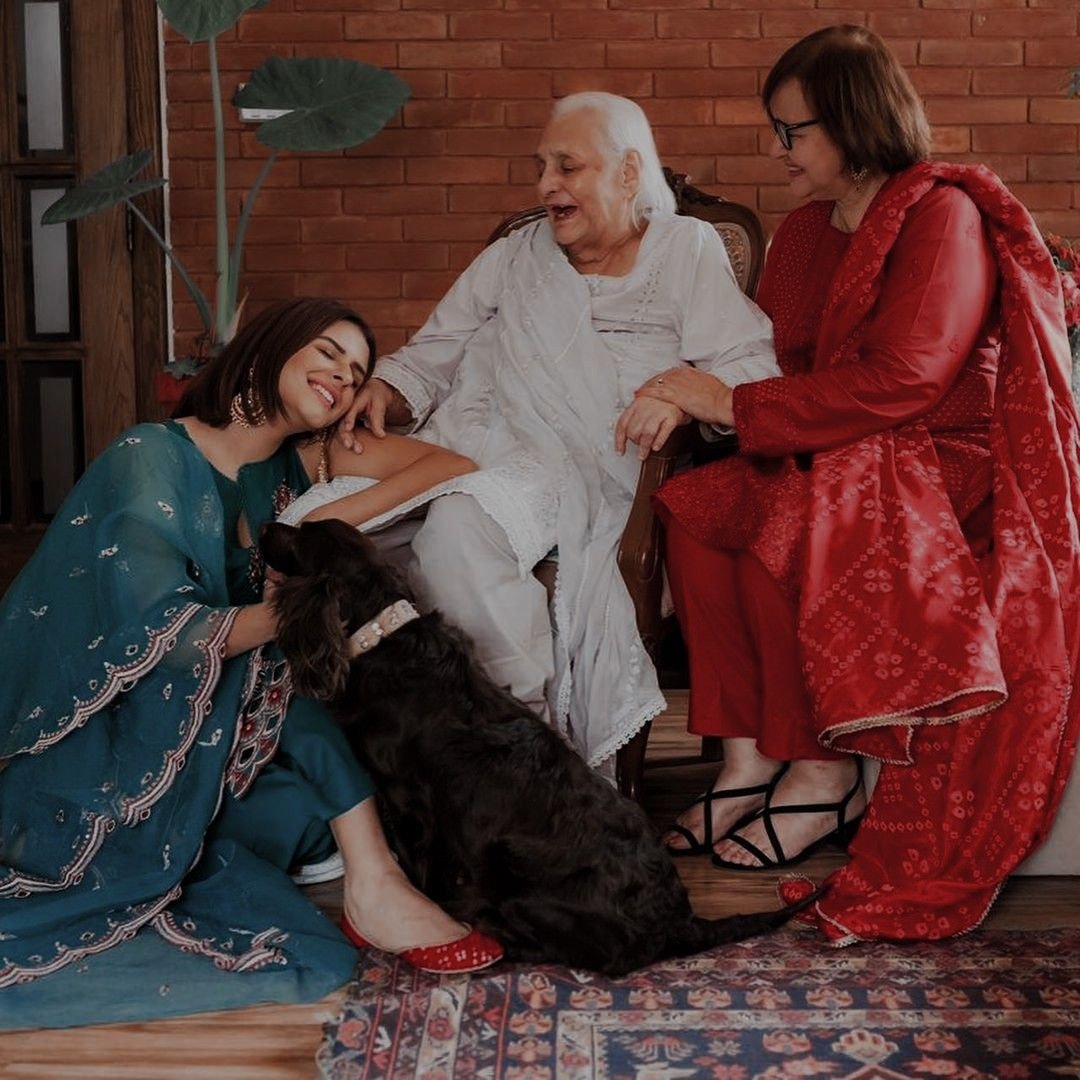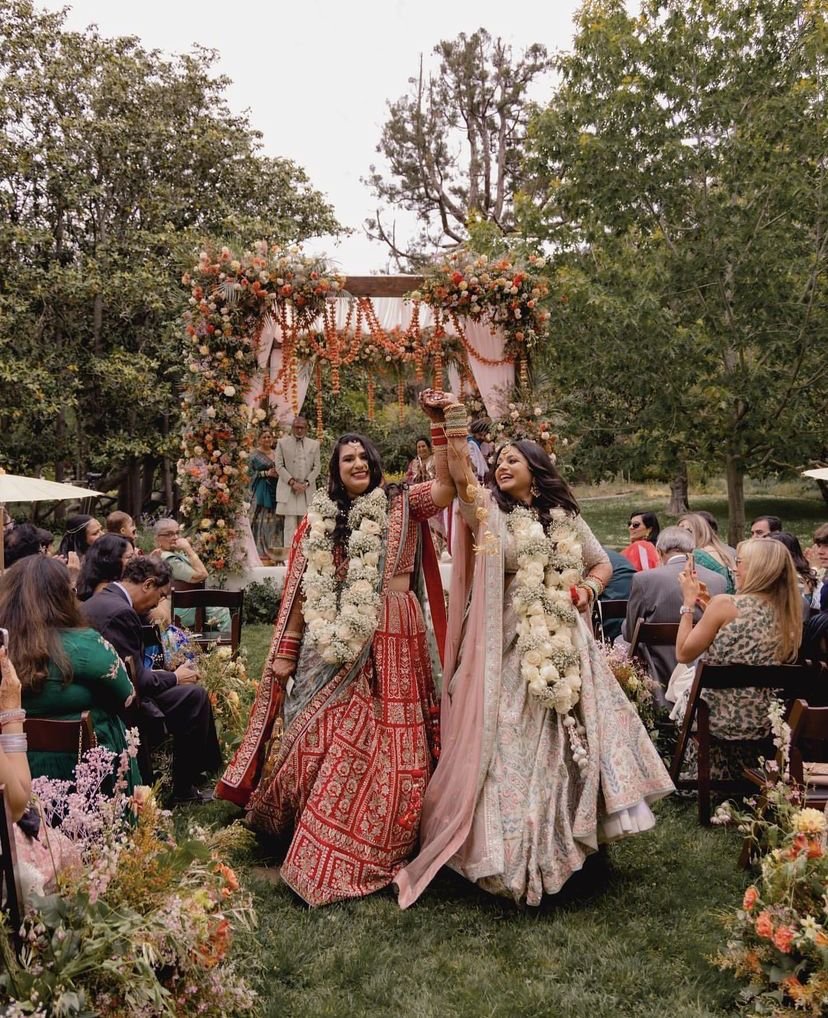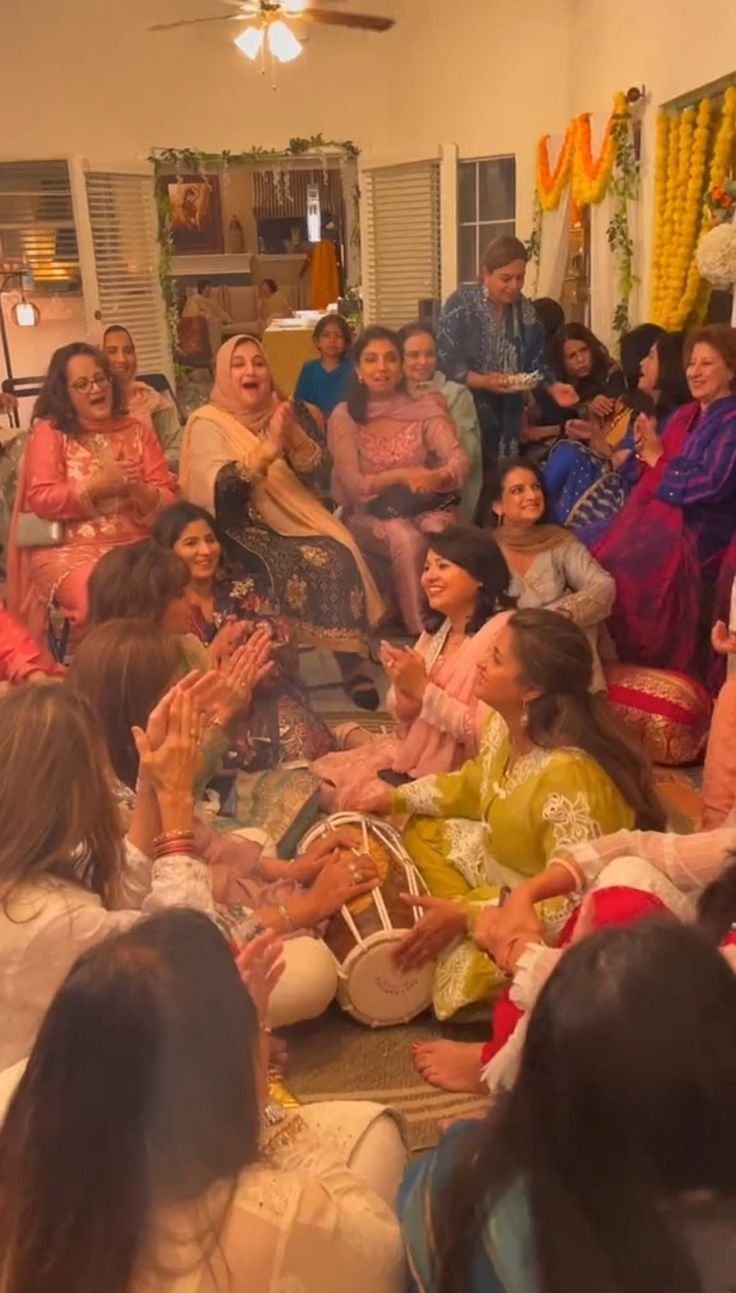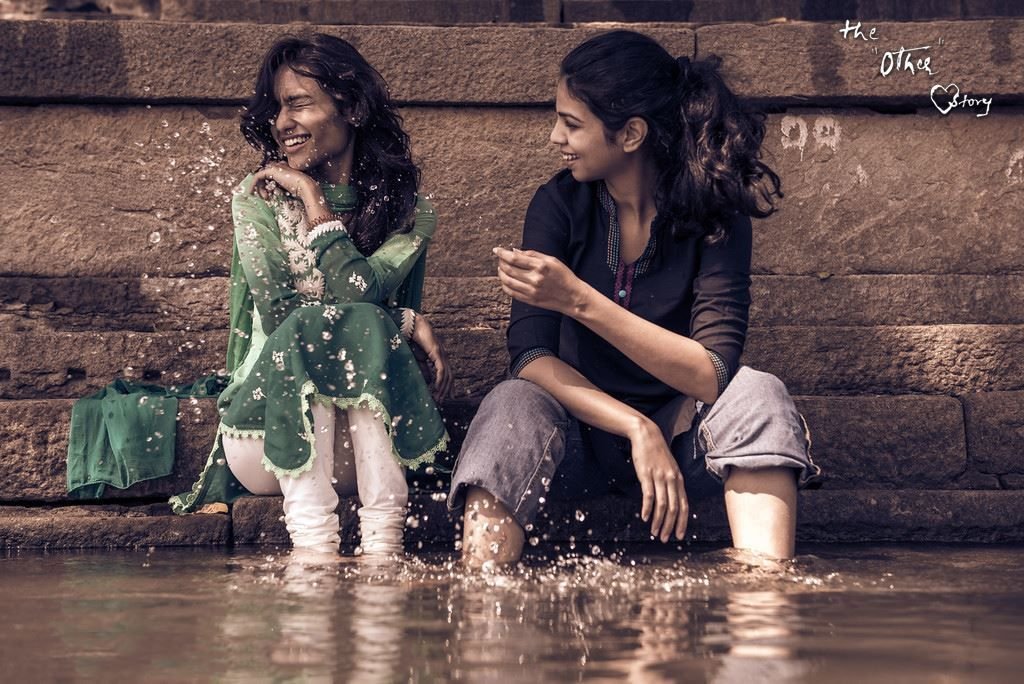Queer Aunties & Gay Uncles: India’s Rainbow Family Icons Who Steal Every Show
Every Indian family has that relative. You know the one, they walk into any room like they own it, serve looks that put Bollywood stars to shame, and somehow make even the most boring family function feel like a celebration.
We’re talking about India’s queer aunties and gay uncles, the rainbow icons who’ve been adding sparkle to our lives long before Pride parades became mainstream. These aren’t just family members; they’re the entertainment committee, emotional support squad, and authenticity coaches all rolled into one fabulous package.
Whether it’s a wedding in Jaipur or a birthday bash in Bangalore, these LGBTQ+ family legends transform ordinary gatherings into unforgettable experiences. Their stories deserve to be told, their impact celebrated, and their fabulousness acknowledged.
Ready to meet the real MVPs of Indian families? Let’s dive in.

The Grand Entrance: “Dekho Kaun Aaya!” (Look Who’s Here!)
Picture this: Your typical family function is in full swing. Aunties are comparing whose kids scored better marks, uncles are debating cricket statistics for the millionth time, and everyone’s pretending to enjoy the same dal-chawal combo they’ve had at every gathering since 1995.
Then the door opens.
Auntie Priya glides in wearing a saree that catches more light than the actual chandelier, her jewelry game so strong it could blind satellites. The entire room does that thing, you know, that collective pause where conversation dies and all heads turn.
“Arre yaar, what’s this funeral vibe? Where’s the energy, where’s the joy?” she announces, setting down her designer purse with the kind of dramatic flair that would make Karan Johar weep with pride.
Behind her, Uncle Rohit makes his entrance in a shirt that costs more than your rent, immediately hugging all the kids first (because children appreciate good drama) before working the room like he’s campaigning for office.

According to recent studies by the Pew Research Center, 76% of LGBTQ+ individuals report being the “entertainment coordinator” at family gatherings, and honestly, we’re not surprised.
These aren’t just entrances; they’re lifestyle statements. While your straight relatives might get a polite “Hello beta,” queer family members command attention, respect, and honestly, a little bit of awe.
[Internal Link: Want to understand more about LGBTQ+ representation in Indian families? Check out our guide on Creating Safe Spaces at Home.]
Master Storytellers: Turning Life Into Bollywood Gold
Let’s be honest. Every family has storytellers. But there’s regular storytelling, and then there’s queer uncle storytelling, which is basically stand-up comedy meets travel documentary meets life coaching session.
Uncle Vikram doesn’t just tell you about his weekend in Goa. He paints you a picture: the beachside restaurant with terrible service, the cute bartender who couldn’t make a proper mojito to save his life, and somehow, by the end of it, you’re planning your own Goa trip because he makes everything sound like an adventure.
“Life’s too short for boring stories, beta. If you’re not living like you’re the main character of your own movie, what’s the point?” – Every fabulous gay uncle, ever
Auntie Neeru has mastered the art of turning grocery shopping into epic tales. She’ll tell you about her battle with the vegetable vendor over the price of tomatoes with such dramatic intensity that you’d think she was negotiating international peace treaties.
Research from the National Sample Survey Office shows that storytelling traditions in Indian families are crucial for cultural preservation, and queer relatives are keeping these traditions alive while adding their own colorful twist.
These stories aren’t just entertainment. They’re life lessons wrapped in humor, teaching younger family members that it’s okay to be different, to stand out, to demand better for yourself.
The Babysitters Who Make Parenting Look Fabulous
While other relatives treat babysitting like community service, queer aunties and gay uncles approach childcare like they’re directing a mini-musical.
Uncle Arjun doesn’t just play with kids. He creates experiences. Suddenly, the living room becomes a stage for impromptu Bollywood performances, complete with choreography that puts Jhalak Dikhhla Jaa contestants to shame.
Auntie Rekha is simultaneously teaching your cousin the latest Instagram dance trends while dispensing life advice that’s both hilarious and surprisingly profound:
“Beta, your confidence should be as unshakeable as my eyeliner, and trust me, this shit is waterproof.”

According to the Indian Academy of Pediatrics, children who grow up with diverse adult role models show higher emotional intelligence and better social adaptability. Queer family members naturally provide this diversity, showing kids that there are many ways to be successful, happy, and authentic.
They’re not just entertaining children; they’re showing them a world where being different is celebrated, where self-expression is encouraged, and where love comes in all forms.
Fierce Family Advocates: Standing Up When It Matters
Here’s where things get real. Every Indian family has those topics nobody talks about. Mental health, sexuality, career choices that don’t involve engineering or medicine.
But queer family members don’t follow the “don’t ask, don’t tell” family handbook.
When your parents are stressing about your “different” friend group or questioning your “unconventional” life choices, Uncle Raj steps in with the energy of a Supreme Court lawyer:
“Excuse me, but when did we decide that happiness has to look the same for everyone? Beta is thriving, beta is loved, beta is living authentically. What more do you want?”

A 2023 study by the Centre for Social Research found that LGBTQ+ family members are often the bridge between traditional expectations and modern realities, helping families navigate changing social norms with love and understanding.
These relatives don’t just show up for the celebrations. They show up for the difficult conversations, the moments when family dynamics get tense, and they ensure that love and acceptance win over prejudice every single time.
Drama Queens (And Kings) Who Save the Day
Let’s address the elephant in the room: Indian families and drama go together like rajma and rice. But when your queer relatives are involved, family drama transforms from exhausting to entertaining.
Picture this: Cousin Pooja and Aunt Sunita are having their annual passive-aggressive fight about wedding planning, and the tension is thicker than Mumbai traffic.
Enter Uncle Kartik with perfect comedic timing: “Arre yaar, why are we fighting over centrepieces when I’m literally sitting right here looking like a centrepiece myself?”
Suddenly, everyone’s laughing, the fight is forgotten, and the family WhatsApp group has new meme content for the next six months.
Queer family members possess this supernatural ability to defuse tension with humor, redirect negative energy into positive outcomes, and remind everyone what really matters: love, laughter, and accepting each other’s beautifully chaotic selves.
The Heart and Soul: Why They’re Family Icons
Here’s the truth bomb: Queer aunties and gay uncles aren’t just colorful additions to the family tree. They’re often the emotional backbone, the ones who remember everyone’s birthdays, check in during tough times, and celebrate your wins like they’re their own.
They’re the ones who:
- Remember your dreams when everyone else forgets
- Defend your choices when family pressure gets overwhelming
- Celebrate your authenticity in a world that often demands conformity
- Show up consistently with love, support, and really good snacks
According to LGBTQ+ community research, individuals who grow up with queer family members show higher levels of empathy, acceptance, and emotional resilience. These relatives aren’t just entertaining; they’re actively making the next generation more compassionate.
Cultural Impact: Changing Indian Family Dynamics
Bollywood icon Karan Johar once said, “I think it’s imperative to be yourself and not apologize for it.” Our queer family members have been living this philosophy for decades, long before it became a social media hashtag.
They’ve been quietly revolutionizing Indian family culture, showing that:
- Authenticity doesn’t threaten tradition. It enriches it
- Different doesn’t mean wrong. It means interesting
- Love has no expiration date, gender requirement, or instruction manual
- Family strength comes from acceptance, not conformity
Recent data from the National Family Health Survey indicates that families with diverse representation show higher satisfaction levels and better communication patterns. Queer relatives contribute significantly to this positive family dynamic.
The Next Generation
Today’s young LGBTQ+ Indians are growing up with more visibility, better resources, and stronger support systems. But the foundation for this progress was laid by previous generations of queer aunties and gay uncles who lived authentically despite societal pressures.
These family legends didn’t just survive. They thrived, sparkled, and paved the way for today’s rainbow generation to dream bigger, love louder, and live more authentically.
Statistics worth celebrating:
- 67% of Indian millennials support LGBTQ+ rights (compared to 32% in 2013)
- Urban Indian families show 85% acceptance rates for LGBTQ+ members
- Pride celebrations now happen in 25+ Indian cities annually
FAQ: Understanding India’s Queer Family Icons
Q: Are queer aunties and gay uncles common in Indian families?
A: More than you might think! Many Indian families have LGBTQ+ members who may not be openly discussed but play significant roles in family dynamics. Recent surveys suggest that 1 in 4 Indian families has at least one LGBTQ+ member, though visibility varies greatly across regions and communities.
Q: How do these family members handle traditional expectations?
A: They often navigate with remarkable skill, balancing respect for family traditions with personal authenticity. Many become cultural bridges, helping families evolve while maintaining core values of love and support.
Q: What challenges do LGBTQ+ family members face in India?
A: Challenges include social stigma, legal limitations, and sometimes family rejection. However, many find strength in chosen families and supportive relatives who celebrate their authenticity.
Q: How can families better support their LGBTQ+ members?
A: By practicing active acceptance, using preferred pronouns, including partners in family events, and creating safe spaces for open communication. Small gestures like asking about relationships or celebrating achievements make a huge difference.
Q: Why should I care about LGBTQ+ representation in families?
A: Because diverse families are stronger families. LGBTQ+ members bring unique perspectives, emotional intelligence, and authenticity that benefits everyone. Plus, supporting family members unconditionally is simply the right thing to do.

Join the Q+ Community: Where Queer Families Thrive
Ready to celebrate more stories like these? Q+ is India’s premier platform connecting LGBTQ+ individuals, allies, and rainbow families across the country.
Whether you’re a fabulous auntie looking for community, a supportive parent seeking resources, or someone ready to embrace their authentic self, Q+ is you and more.
Join thousands of Indians who are redefining family, love, and belonging. Because every family deserves its rainbow icons, and every rainbow deserves a place to shine.
Ready to add some sparkle to your family story? The revolution starts with you.



